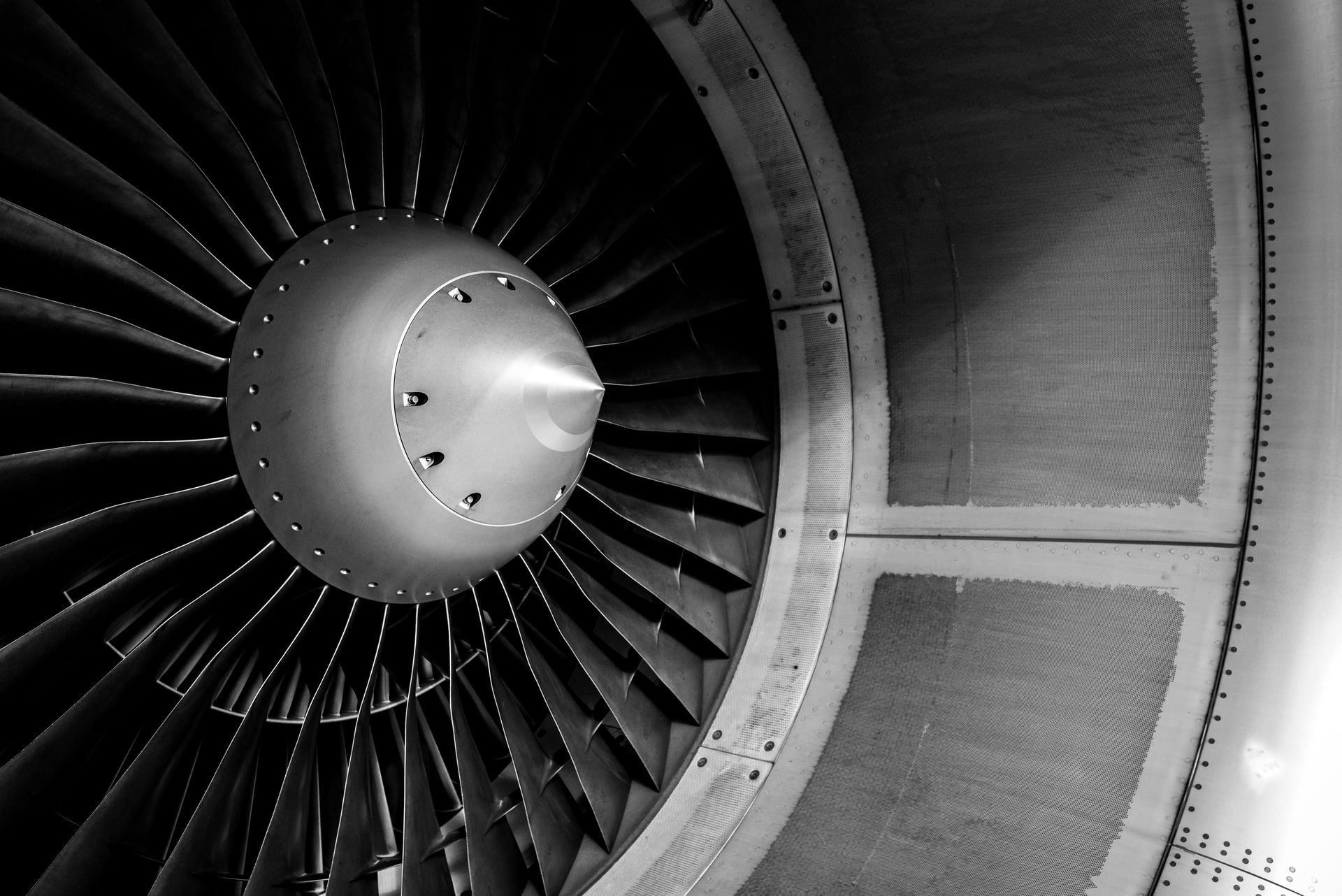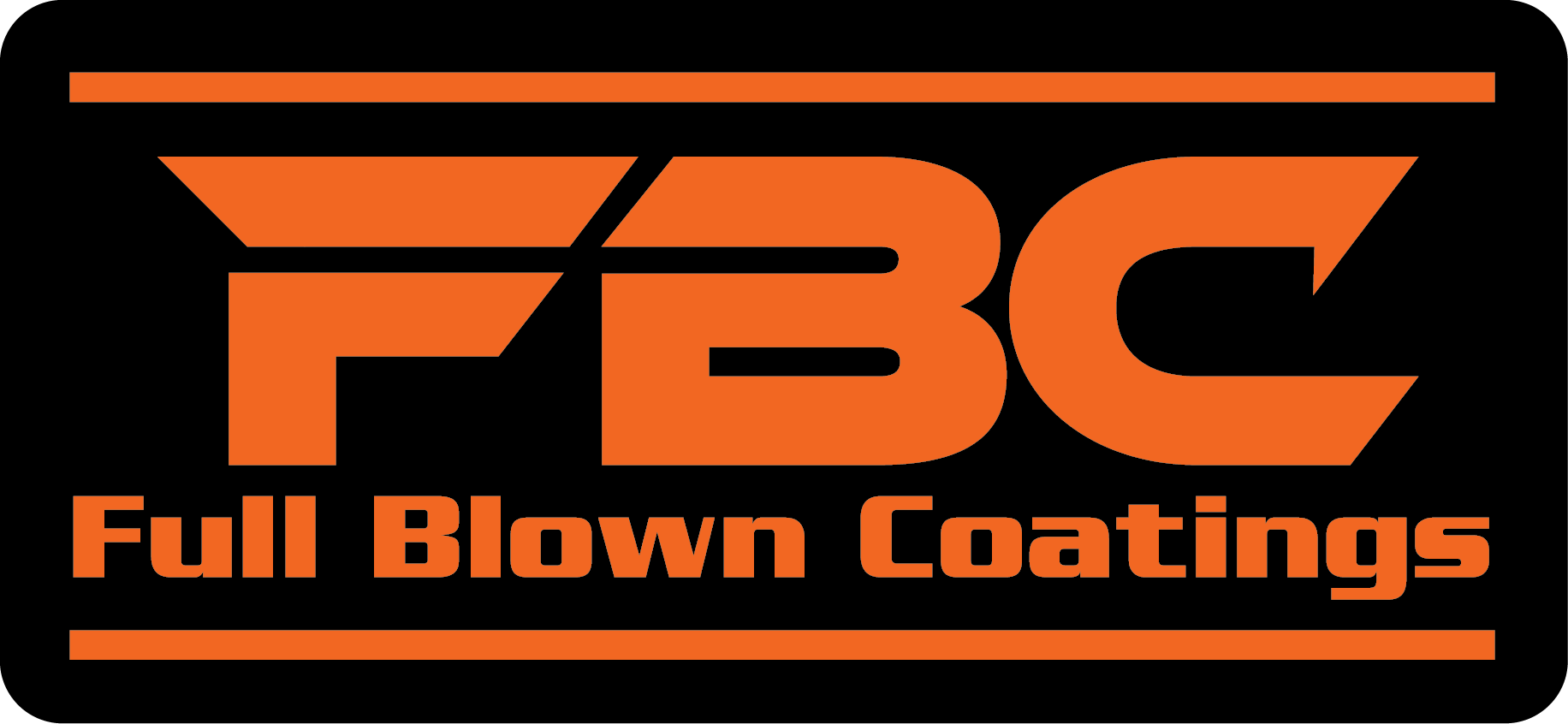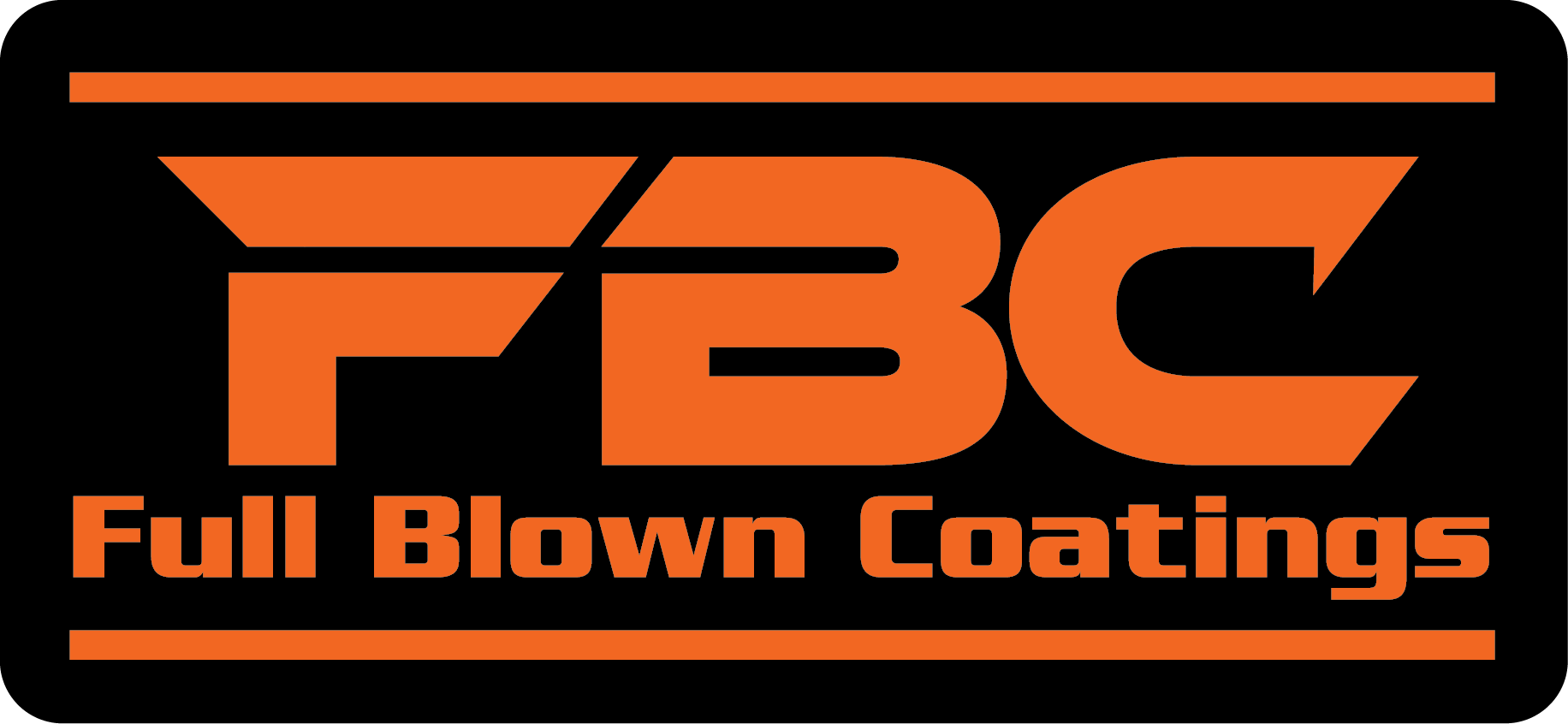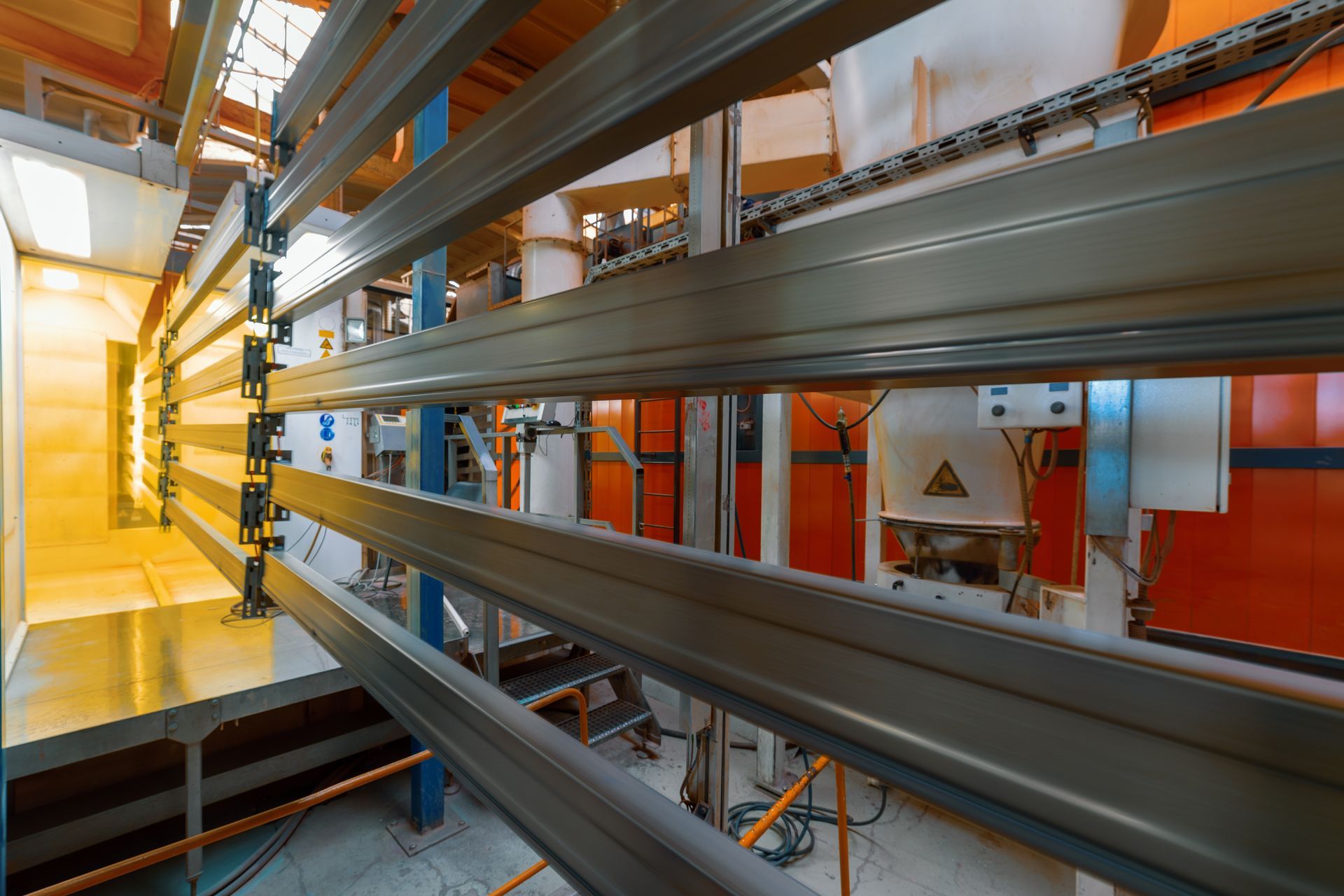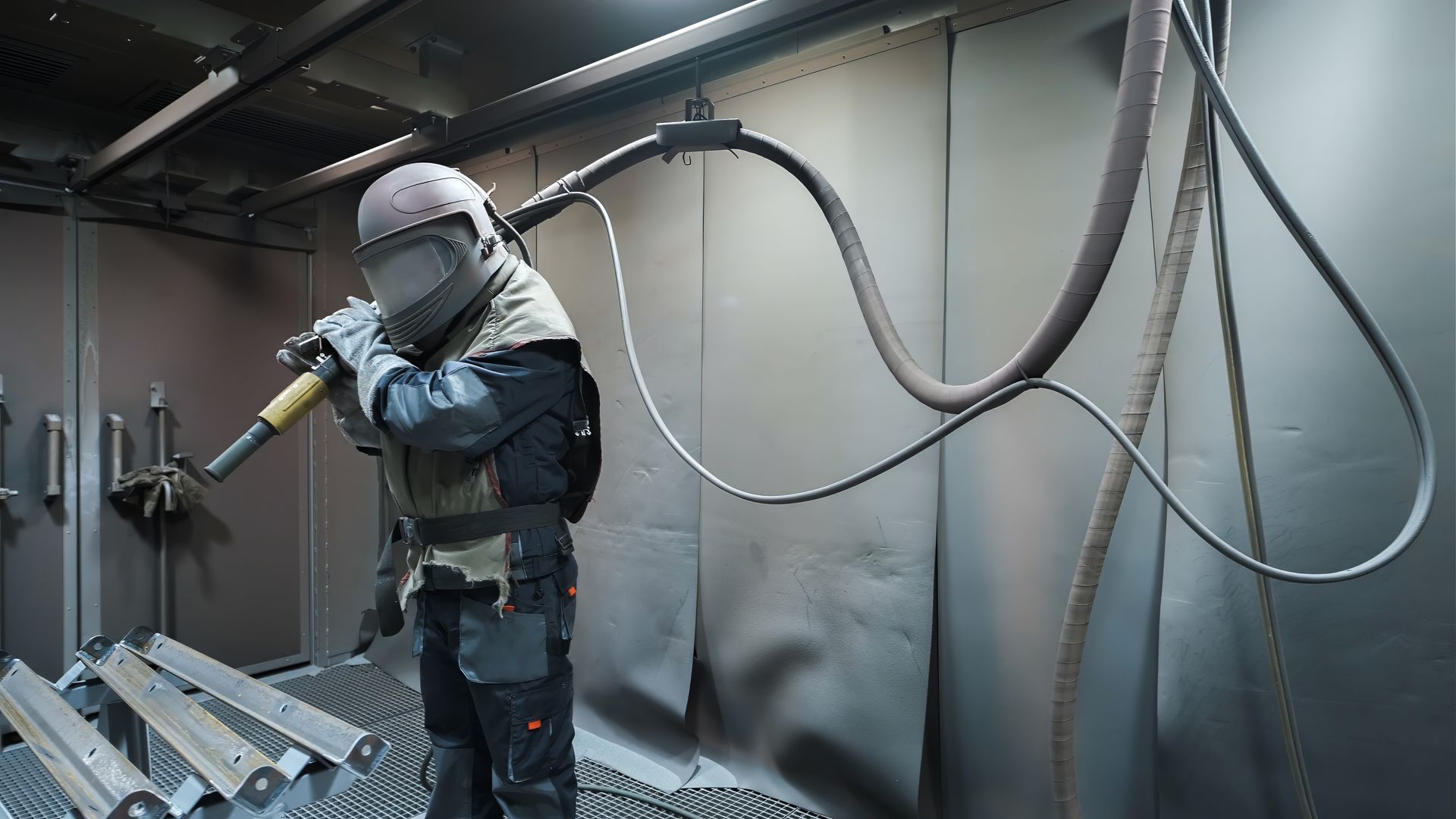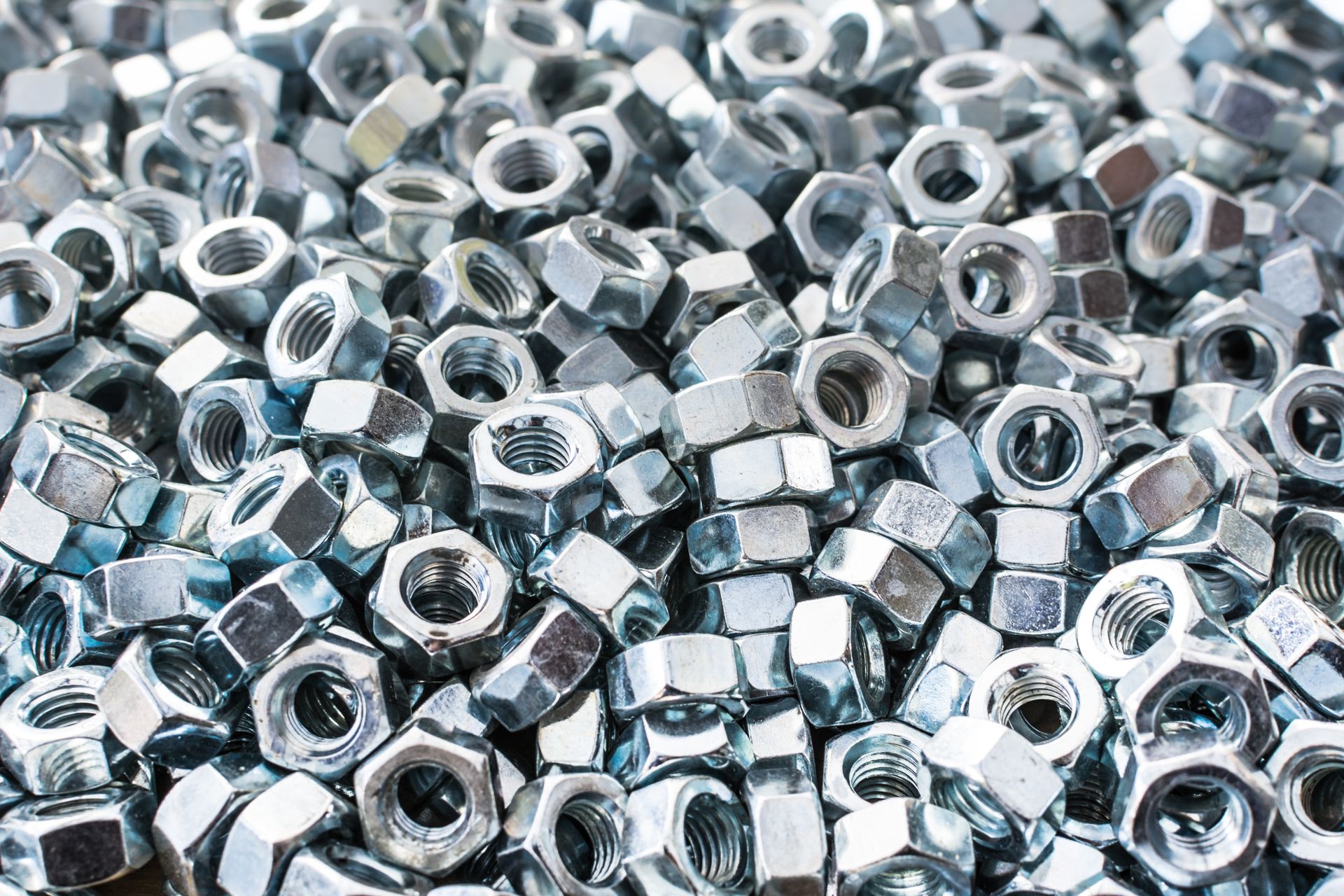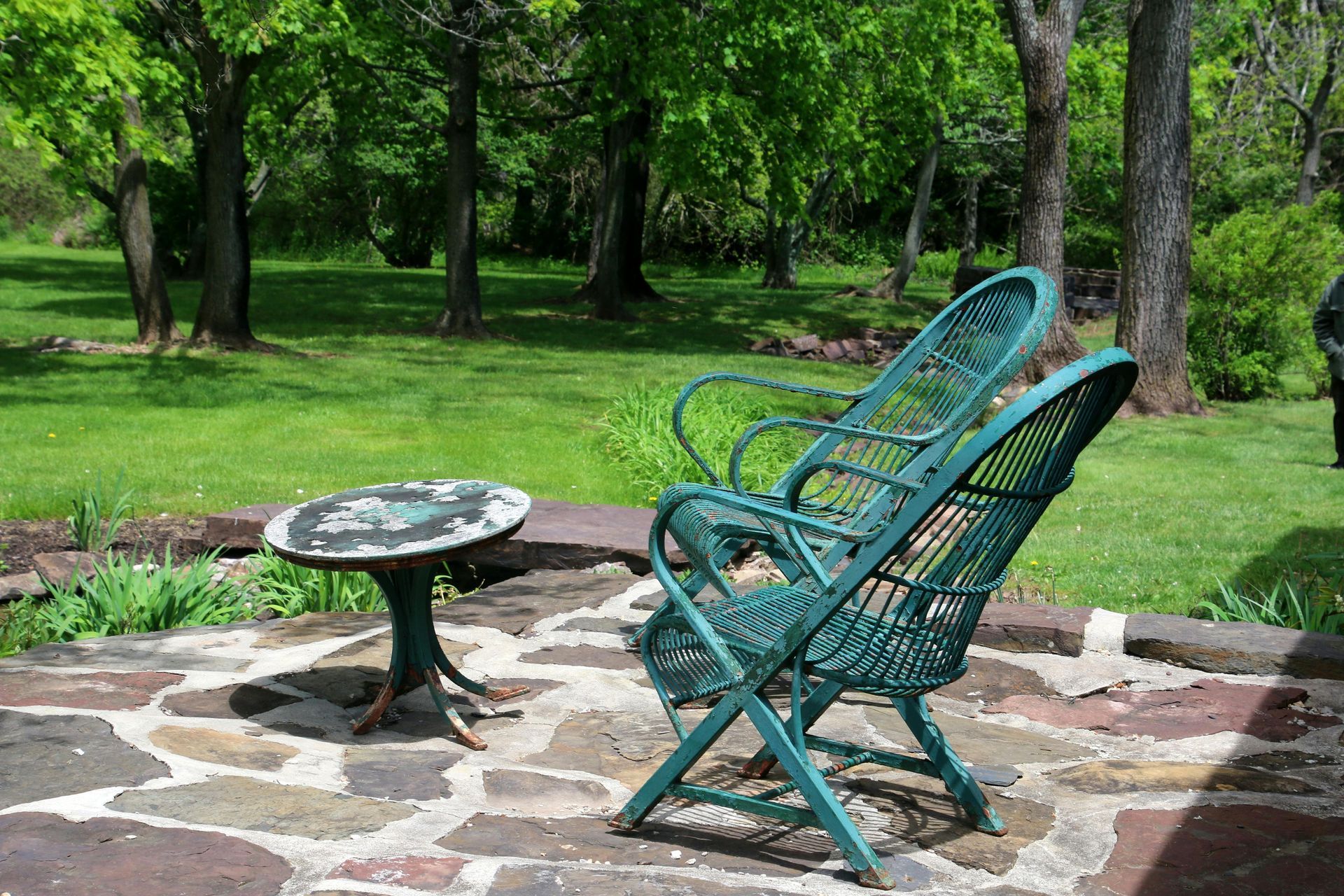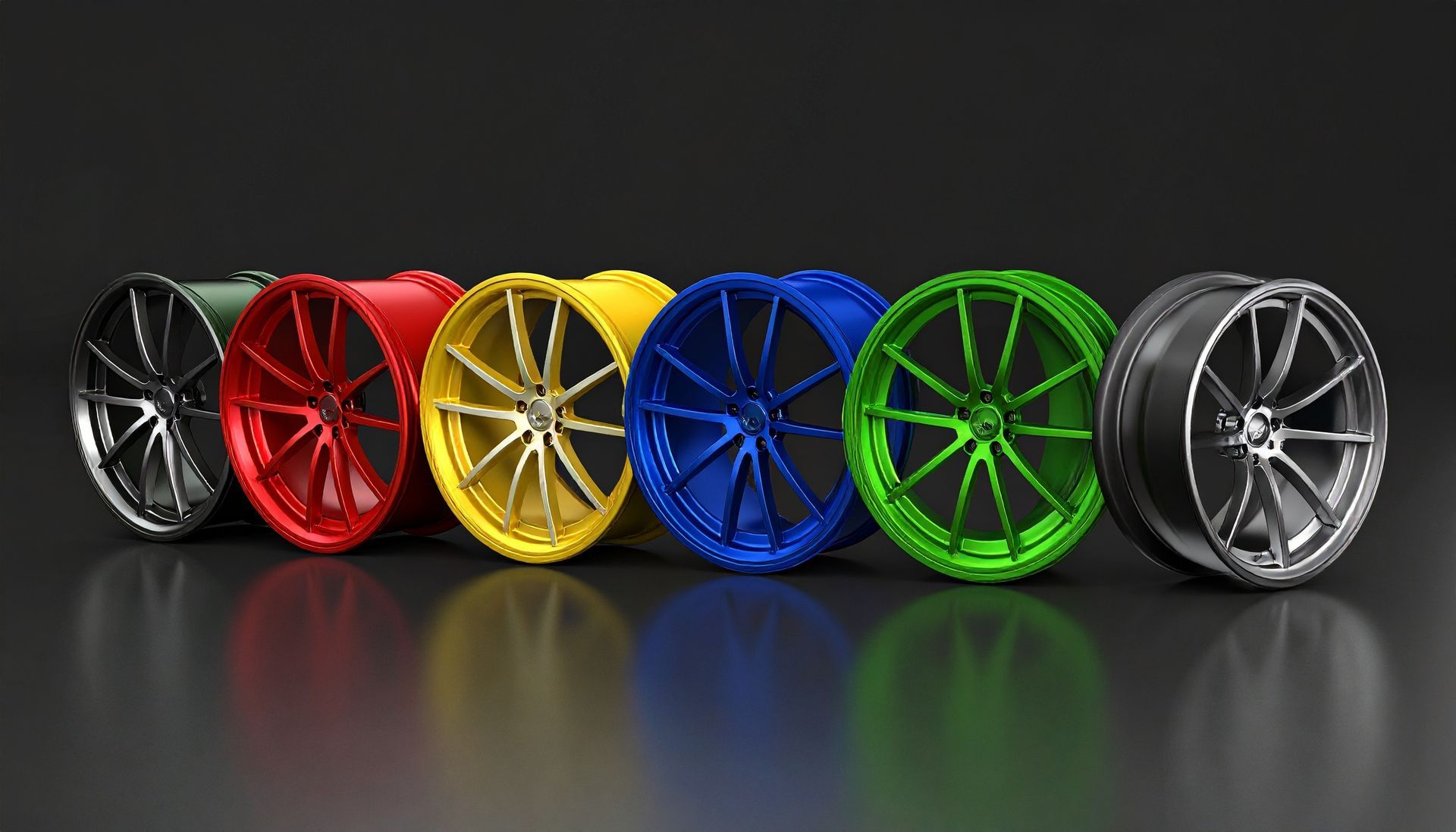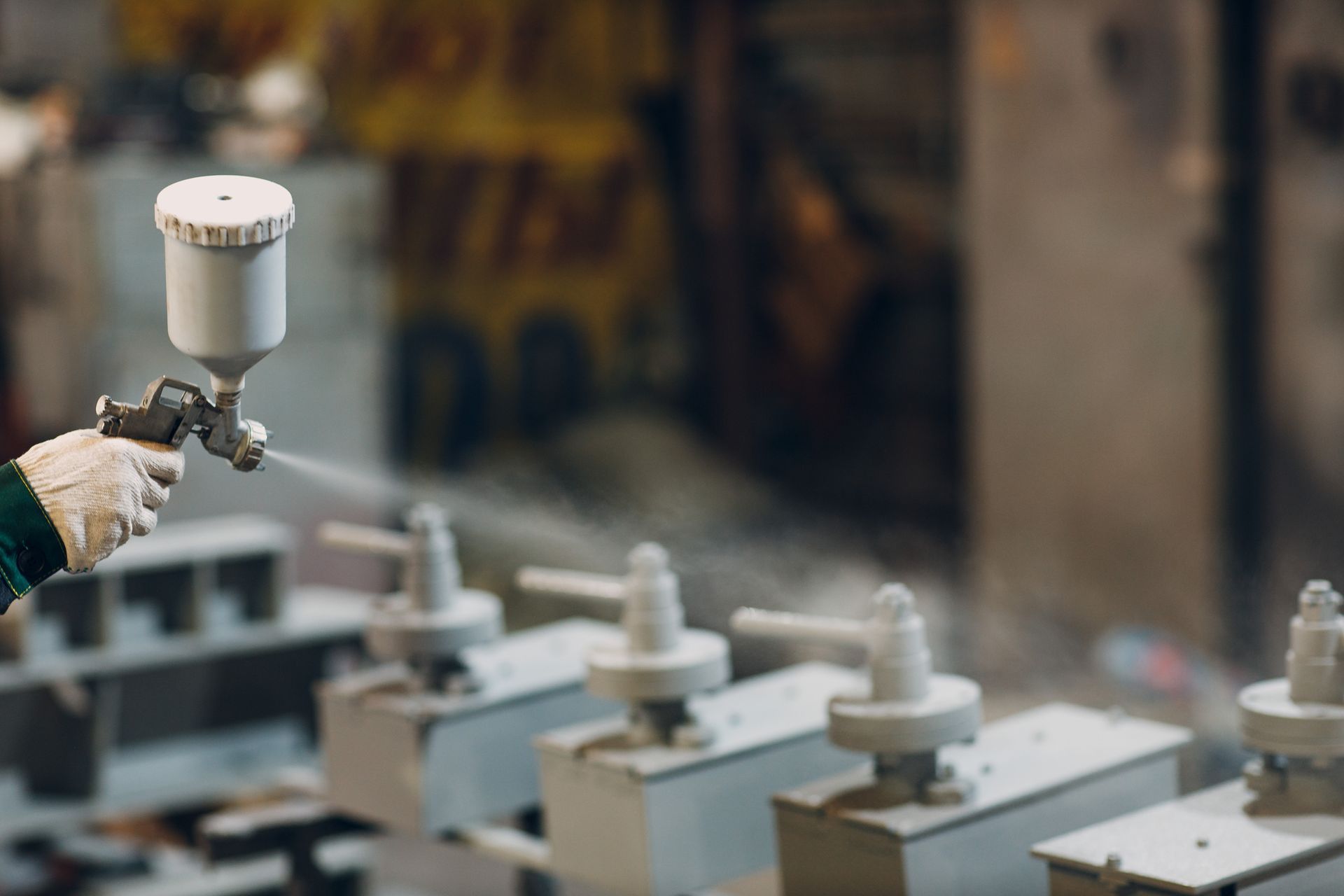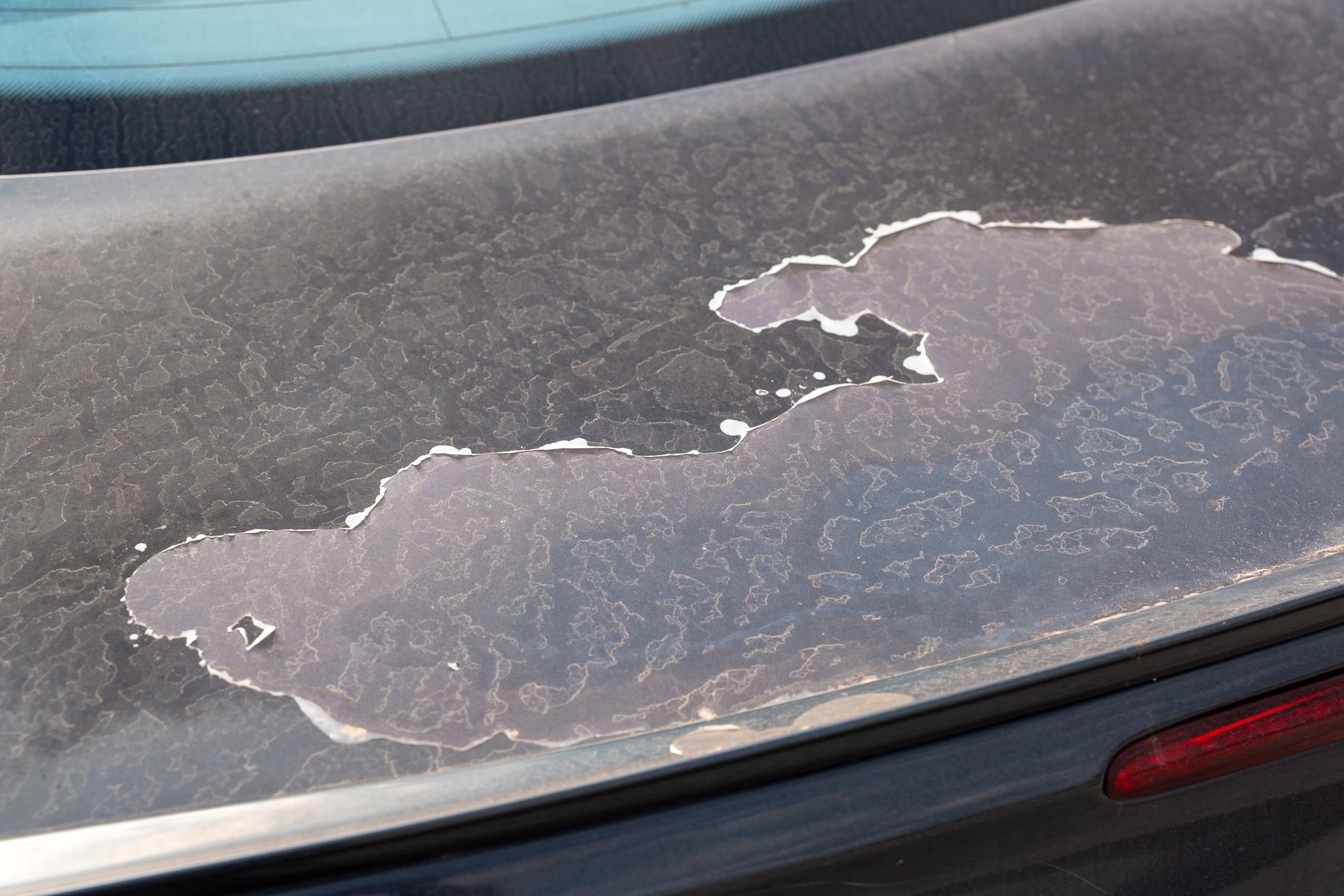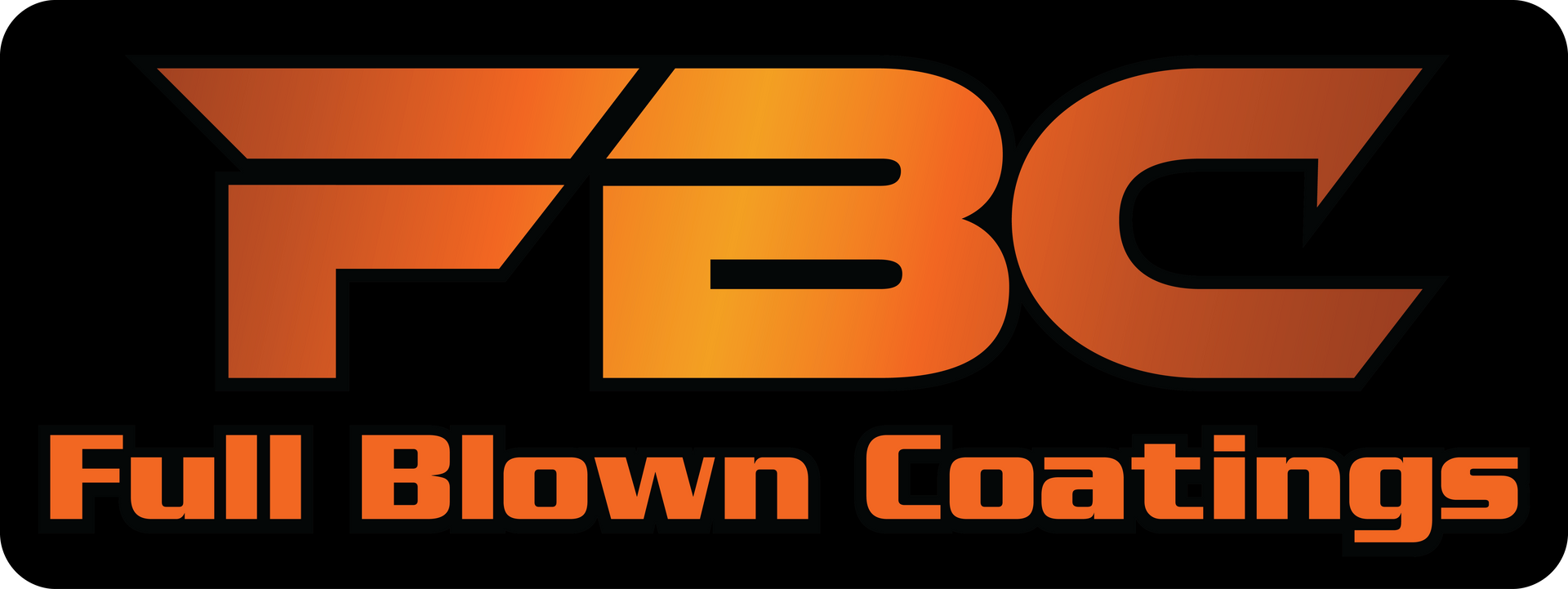Bead Blasting Media how is it Different then Sandblasting
Bead Blasting Media, What Makes It Different Than Sand Blasting?
When it comes to prepping surfaces for a durable, long-lasting finish, the type of blasting media you use makes all the difference. Whether you're restoring vintage automotive parts, refreshing metal furniture, or preparing components for powder coating, knowing the difference between bead blasting media and sand blasting can save you time, money, and hassle.
At Full Blown Coatings, we’ve helped customers from Salt Lake County, Utah County, Davis County, Box Elder County, and Cache County understand and benefit from the right blasting method for their project. Let’s break it down.
What Is Blasting Media?
Blasting media refers to the abrasive material used in surface preparation processes like sand blasting and bead blasting. These media vary in:
- Shape (angular vs. spherical)
- Hardness
- Material composition
- Surface finish results
Choosing the right media ensures the surface is clean, properly etched, and ready for a long-lasting finish.
What Is Sand Blasting?
The Traditional Workhorse
Sand blasting uses angular materials (often aluminum oxide or silica-based sands) to aggressively strip:
- Rust
- Paint
- Scale
- Corrosion
It’s highly effective for prepping thick steel, cast iron, or metal with heavy coatings. Sand blasting creates a coarse surface profile, which makes it ideal for applications where adhesion is critical—like powder coating.
Applications We See at Full Blown Coatings
In one recent job, a client from Logan brought us a heavily corroded farm trailer. The steel surface was covered in layers of paint and rust. We used aggressive sand blasting to strip it to bare metal before applying a weather-resistant black powder coat. The trailer looked brand new—and the client left thrilled.
What Is Bead Blasting?
A Gentler, More Refined Approach
Bead blasting uses tiny spherical glass beads to clean surfaces without damaging the substrate. The result is a smoother, satin-like finish that’s ideal for:
- Aluminum parts
- Stainless steel
- Delicate or precision components
- Decorative finishes
Bead blasting doesn’t etch as aggressively as sand blasting. It’s best when you want to clean or finish a surface without significantly altering its dimensions or texture.
When Bead Blasting Is Best
We had a customer from Ogden bring in polished aluminum motorcycle parts that needed a uniform, clean appearance. Sand blasting would have pitted the soft metal. Instead, we used bead blasting, followed by a clear powder coat. The finish looked sleek, clean, and professional—exactly what the client wanted.
| Feature | Sand Blasting | Bead Blasting |
|---|---|---|
| Media Shape | Angular | Spherical |
| Abrasiveness | High | Low to moderate |
| Surface Finish | Rough, etched | Smooth, satin-like |
| Ideal Materials | Steel, cast iron | Aluminum, stainless steel |
| Typical Applications | Rust/paint removal, coating prep | Cosmetic finish, light cleaning |
| Cost Factor | Often lower per sq. ft. | Slightly higher, depending on finish |
Why Media Choice Matters for Powder Coating
Prep Is Everything
You can have the best powder coating gun and top-shelf colors, but if your surface isn’t prepped right, the coating will fail. At Full Blown Coatings, we educate our customers that prep work is 70% of the job.
- Sand blasting gives us the aggressive surface profile we need for wheels, bed frames, brake calipers, and other high-wear items.
- Bead blasting is our go-to when customers want their parts to retain a fine finish under a clear coat.
Cost Comparison: Bead Blasting vs. Sand Blasting
Price Per Square Foot or Item
- Sand blasting: ~$1.50–$3.00/sq ft (or $25–$100+ per part depending on complexity)
- Bead blasting: ~$2.00–$4.00/sq ft (or $40–$150+ per part depending on intricacy)
Because bead blasting is gentler and often used for finer finishes, it typically involves more precision and labor, which can slightly increase the price.
When Should You Choose Bead Blasting?
Ideal for:
- Motorcycle frames
- Aluminum engine parts
- Stainless kitchen hardware
- Architectural features
Not ideal for:
- Rusted steel
- Parts with thick coatings
- Industrial equipment requiring heavy prep
If you're unsure what to use, our experts will assess your project and walk you through the pros and cons.
Environmental and Safety Considerations
Both methods require professional handling and ventilation. Bead blasting is often considered safer due to:
- No silica dust (as found in sand blasting)
- Lower air pressure requirements
- Less aggressive surface alteration
We always use OSHA-compliant systems at Full Blown Coatings to protect our team and your parts.
Serving Northern Utah’s Powder Coating & Blasting Needs
Whether you're located in:
- Salt Lake County
- Utah County
- Davis County
- Box Elder County
- Cache County
Our team at Full Blown Coatings is ready to take on your project. From custom car parts to patio furniture and industrial equipment, we ensure each job is prepped and finished with the right media and the highest quality standards.
Final Thoughts: Bead Blasting Media vs. Sand Blasting – Which Should You Choose?
Ultimately, the best blasting method comes down to your material and the finish you want. At Full Blown Coatings, we believe in matching the method to the goal:
- Choose sand blasting for heavy-duty prep and strong adhesion.
- Choose bead blasting for cosmetic finishes or delicate metals.
Want help deciding what’s right for your project? Call us or visit our shop for a free consultation. We’ll help you choose the best media, prep your part to perfection, and finish it with industry-leading powder coating for durability and aesthetics.
Share This Post!
